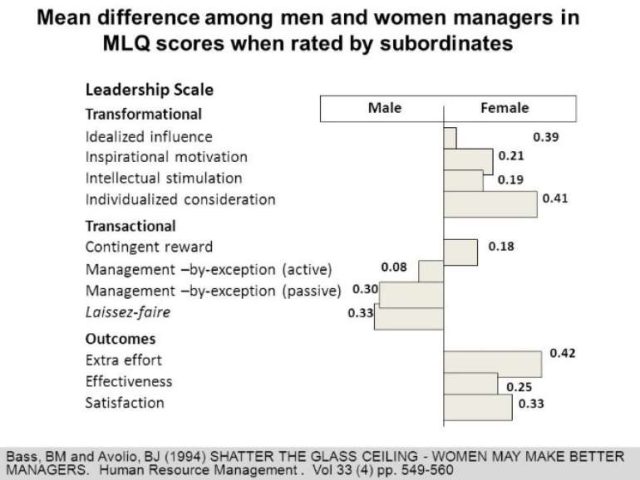These two statistics point to two perspectives, one being that, with the right strategic socio-economic policy, programs and investment, Africa stands to be an anchor for the next phase of the world’s development. On the other hand of the perspective, it means if the right socio-economic interventions are not robust, the future of the continent looks dire.
Women in general have come a long way to play vital roles in the development of the world, they had to fight for the right to citizenship, right to inheritance, right to vote, right to education, right to drive, right to family planning etc. These have come in three forms, fundamental human right, civic responsibilities and entrepreneurship for economic empowerment. What is interesting is that, these same phases have been the evolution pattern of youth empowerment in Africa.
It is very important to note that, there is a fourth leg of this empowerment drive which I call transformational leadership skills and training which is heavily lagging.
This aspect of the women and youth empowerment is lagging behind all the three phases of women empowerment. Considering the statistics in my introduction of this article, it is only wise, prudent and logical for Africa to place premium on these two group of people as a catalyst for its rapid development. Finland and Sweden among many examples are evidence of pragmatic and strategic policy implementation when it comes to matter of women and youth development. Just consider the age of Finland President Sanna Marin, 35 years old, with three of her minister also 35 years old. New Zealand, Salvador and Ukraine all have leaders around 41 years-old.
Training and equipping women with transformational leadership skills isn’t rocket science but actually backed by several decades of research, which establishes the fact that women score high on transformational leadership. This is evident in the research works of Judy Rosener, BM Bass, BJ Avolio, and other scholars on leadership which employed the multifactor leadership questionnaire (MLQ).

The paper attached seeks to highlight the need for deliberate integration of transformational leadership skills and training in all interventions that concern African women and youth. If you scan and pan across seminars, trainings, workshops, boot camps etc., you will always see women in the minority. This goes to buttress the point that after several years of excluding women and youth from decision making and national development, they conformed to the programming which has killed the interest in women to be critical in the national decision and economic empowerment.
The time to be deliberate about plugging transformational leadership training in all spheres of Africa’s development and growth is now. This is the best opportunity to go all out to collectively join forces to break the glass ceiling. An empowered, leadership-oriented, and development-focused women is a catalyst for youth innovation and initiative drive. When a woman is empowered on leadership lines, education, and economic drive, they turn to raise children who dare to be agents of change and development.
Critical and life-threatening issues such as security, entrepreneurship, climate change, technology, economic prudence, good governance, women empowerment, education, etc. all revolve around technical-know-how but without purposeful and transformational leadership all efforts will amount to 50% of the impact. Transformational leadership encapsulates skills currency, performance currency, and relationship currency to facilitate growth, peak performance, change, and economic power.
I am using this paper “Transformational leadership skills and training the fourth component lagging in women and youth empowerment in Africa” to make a clarion call to Africa Union (AU), South African Development Council (SADC), The Arab Maghreb Union (AMU), Common Market for Eastern and Southern Africa (COMESA), East African Community (EAC), other regional blocs, Women & Youth based CSOs and CBOs to make the integration of transformational leadership skills and training paramount into women & youth development initiatives and innovation. Download the paper for more on this topic

